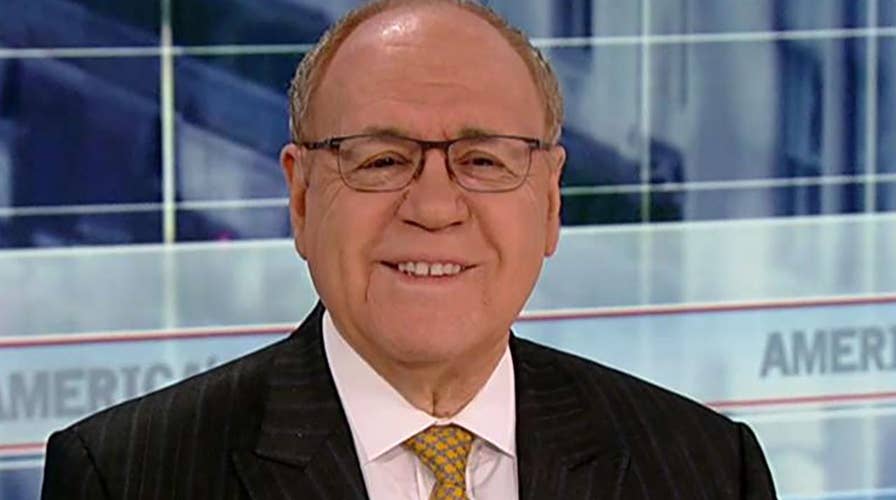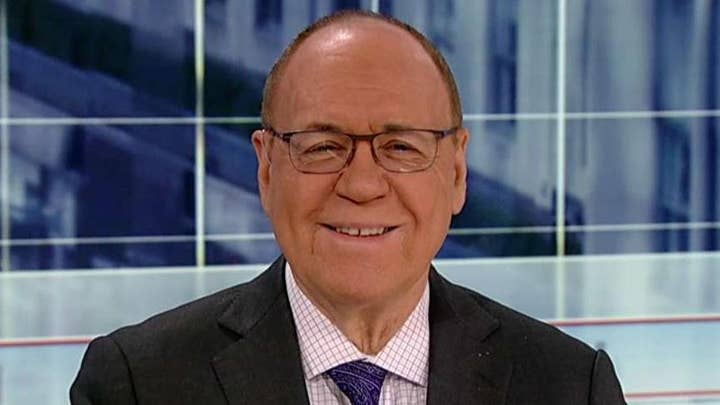Last week, I was scheduled to speak at the Conservative Political Action Conference not as a physician but as a health policy analyst who is concerned that coverage doesn’t equal access to actual care, that ObamaCare’s high deductibles and narrow networks interfere with this access and that the innovative personalized technologies of the future may not be obtainable with a clunky, highly regulated government insurance built on an outdated model for reimbursement.
I stood before the audience of several hundred people and conveyed my deep concerns about the Democrat’s plan for Medicare for All – which will inflate expectations yet inevitably ration care like the Canadian system does, pay doctors too little for doing too much and destroy jobs by deleting the employer-based health care system and its built-in incentives for taking a job you may not otherwise have wanted.
It was only when I shifted gears and spoke as a practicing doctor that I really connected with the audience. Everyone out there had struggled to comprehend the shifting terrain of government-orchestrated health insurance but all could easily relate to the feeling of what it was like to be waiting in a doctor’s office for an hour while someone who you entrusted with your health secrets struggled with computer documentation. This is the secret that all doctors and their patients know and feel deeply, that the false expectations of ObamaCare are coupled together with the excessive new demands of electronic recordkeeping.
DR. MARC SIEGEL: KAMALA HARRIS’ ‘MEDICARE-FOR-ALL’ PLAN PLAGUED WITH PROBLEMS, BAD FOR PATIENTS
The audience became excited along with me as I described removing immune cells and bioengineering them to fight a person’s cancer and then putting them back into the bloodstream. The crowd quickly comprehended what I meant when I said that with the speed of 5G satellite technology robotic surgery might soon be doable from anywhere in the world.
I was learning by watching the audience. I was expecting laughter when I said “you don’t get to keep your doctor but you do get to keep your deductible” –instead the entire audience stared at me in pain and clapped only when I discussed the Trump administration’s proposal to get drug company rebates right into patients’ hands rather than into the middlemen’s pockets. The audience of patients also liked removing the pharmacy gag rule – so now they can know about cheaper alternatives to what their insurance covers.
The biggest connection I made with the audience was when I talked about the doctor/patient relationship. I mentioned how the relationship is being jeopardized and how it is becoming a dinosaur relegated to a patient staring at a doctor’s back as he or she stares at a computer. A team of secretaries and nurse’s aides and business managers do not successfully take the place of the time you once spent with your doctor.
The greatest moment of mutual resonance occurred when I brought up what I called the “by the way” diagnosis – the last minute blurting out that takes place as the patient is leaving. “By the way, I have chest pain.” Or, “by the way I’m not sleeping,” or “by the way I think I might have an STD and my marriage is in trouble.”
A statement that the patient is either too anxious to remember or is too embarrassed to reveal until they are comfortable or have relaxed on their own. The art of medicine, an interchange that leads directly to healing. What famed doctor/poet William Carlos Williams M.D. meant when he wrote in his autobiography, “But the hunted news I get from some obscure patients' eyes is not trivial. It is profound:”
CLICK HERE TO GET THE FOX NEWS APP
Unfortunately, these important moments between patients and their doctors are becoming rarer – if more treasured. The sadness in the audience’s eyes at CPAC reflected that. And no amount of insurance maneuvering or price transparency or choice can bring these lost moments back. Certainly, government bureaucracy stands in the way of it and doesn’t acknowledge its importance even if I and my audience of patients did. It may take a revolution in how we are delivering care to bring your doctor back to her or his former prominence.
Let this revolution begin.

